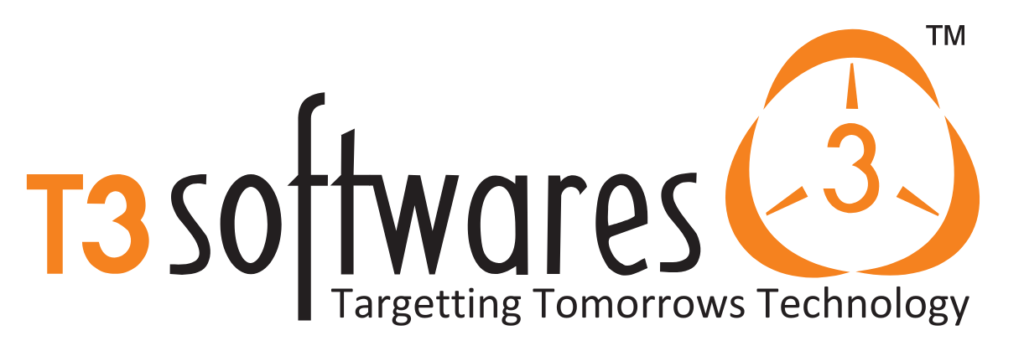Data Security in CRM Systems: Best Practices
In today’s digital landscape, organizations rely more on client Relationship Management (CRM) systems to handle and retain massive amounts of client data. However, the rise of cyber risks and stringent laws has made data security in CRM systems a top priority. A security breach can result in the loss of sensitive information, financial consequences, and reputational damage. This article addresses best practices for securing CRM data and protecting your customers and business.
1. Implement Role-Based Access Control (RBAC).
Role-Based Access Control is an important approach for securing CRM data. Businesses can control access to sensitive information by designating specific user roles based on an employee’s job responsibilities. This ensures that only authorized personnel can access, alter, or delete certain data.Best Practice:
- Assign roles following the principle of “least privilege,” ensuring users have only the access necessary for their tasks.
- Regularly review and adjust role permissions as employee responsibilities change.
2. Enable Multi-Factor Authentication (MFA)
Relying solely on passwords often fails to protect against unauthorized access. Multi-Factor Authentication (MFA) adds an additional security layer by requiring users to provide further verification, such as a one-time code sent to their mobile device or email.
Best Practice:
- Enforce MFA for all CRM user accounts, particularly for administrators and those handling sensitive customer information.
- Encourage the use of strong, unique passwords alongside MFA.
3. Encrypt Data at Rest and in Transit
Encryption ensures that even if CRM data is intercepted or accessed without authorization, it remains unreadable. Encrypting data both at rest (stored in the CRM database) and in transit (when being transmitted) is vital for protecting customer information.
Best Practice:
- Utilize robust encryption algorithms like AES-256 for data storage.
- Implement SSL/TLS protocols for secure data transmission over networks.
- Regularly update encryption protocols to meet evolving security standards.
4. Conduct Regular Security Audits
Security audits are essential for identifying vulnerabilities in your CRM system and ensuring compliance with internal policies and external regulations like GDPR, HIPAA, or CCPA. Audits should involve reviewing access logs, security settings, and user activities.
Best Practice:
- Schedule periodic internal and external audits to evaluate CRM security practices.
- Use automated monitoring tools to detect suspicious activity in real time.
- Promptly address any vulnerabilities or irregularities identified during audits.
5. Implement Data Backup and Disaster Recovery Plans
A robust backup and disaster recovery strategy ensures that your CRM data remains protected, even in the event of a breach, hardware failure, or natural disaster. Regular backups enable quick restoration with minimal data loss.
Best Practice:
- Schedule automatic, frequent backups of CRM data and store them securely offsite.
- Regularly test the disaster recovery plan to ensure minimal downtime in case of a breach or failure.
- Encrypt backup files and restrict access to authorized personnel only.
6. Monitor User Activity
Ongoing monitoring of user activity within the CRM system helps detect unusual behavior, such as multiple failed login attempts or unauthorized data access, which could signal a potential breach.
Best Practice:
- Implement real-time monitoring and alert systems to track suspicious activity.
- Review logs regularly to identify anomalies in user behavior or data access.
- Establish protocols for immediate action if a security breach is suspected.
7. Implement Data Masking and Anonymization
Data masking and anonymization techniques protect sensitive customer information by obscuring it during testing or analytics. These methods ensure that sensitive data, like credit card numbers or personal identification information, is not exposed to unauthorized users.
Best Practice:
- Use data masking when utilizing CRM data for non-production environments like development or testing.
- Employ anonymization for reporting to safeguard personally identifiable information (PII) while still gaining business insights.
8. Ensure Compliance with Data Privacy Regulations
Compliance with data privacy regulations such as GDPR (General Data Protection Regulation) or CCPA (California Consumer Privacy Act) is crucial for avoiding fines and maintaining customer trust. These regulations require businesses to handle customer data responsibly, including obtaining explicit consent for data collection and allowing customers to request data deletion.
Best Practice:
- Implement CRM features that support compliance, like consent tracking and data deletion mechanisms.
- Stay informed about evolving privacy regulations and update your CRM system accordingly.
- Train employees on data privacy policies to prevent unintentional breaches.
9. Educate Employees on Data Security
Even the most advanced security measures can fail if employees lack training in best practices. Many data breaches occur due to human error, such as clicking on phishing links or inadvertently sharing sensitive information.
Best Practice:
- Conduct regular employee training on data security, including recognizing phishing attempts and safe handling of sensitive information.
- Cultivate a culture of security awareness, emphasizing the importance of protecting customer data.
10. Update CRM Software Regularly
Vendors frequently release updates and patches to address security vulnerabilities and enhance CRM performance. Using outdated software can leave your system vulnerable to attacks that have already been mitigated in newer versions.
Best Practice:
- Regularly check for and apply software updates and security patches.
- Enable automatic updates where feasible to maintain the latest security measures.
Conclusion
Securing your CRM system is vital for protecting customer data, maintaining trust, and ensuring compliance with legal obligations. By adopting these best practices—such as role-based access control, encryption, multi-factor authentication, regular audits, and employee training—you can significantly reduce the risk of data breaches. Prioritizing data security in your CRM strategy not only protects your business but also strengthens your customer relationships by ensuring their data is handled with the utmost care.

